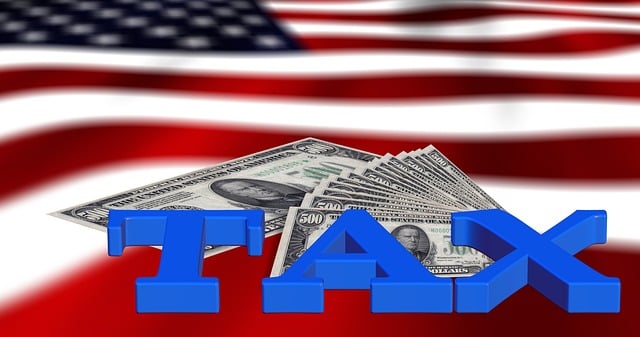Understanding the Foreign Earned Income Credit and Foreign Earned Income Exclusion: Tax Benefits for US Expats
Explore the differences between Foreign Earned Income Exclusion (FEIE) and Foreign Earned Income Credit (FEIC) to optimize tax strategies for foreign income. Learn which option suits your situation best!
INDIVIDUAL TAX
Evangeline Giron and Tatianna Giron
5/1/20242 min read


Understanding the Foreign Earned Income Credit and Foreign Earned Income Exclusion
As a US expat, it is essential to understand the tax benefits available to you when it comes to your foreign earned income. Two options that can help reduce your tax liability are the Foreign Earned Income Credit (FEIC) and the Foreign Earned Income Exclusion (FEIE). While both options aim to provide relief for US citizens living and working abroad, they have different eligibility criteria and advantages.
The Foreign Earned Income Credit (FEIC)
The Foreign Earned Income Credit allows eligible individuals to offset their tax liability by claiming a credit for income earned abroad. This credit is available to both employees and self-employed individuals and can significantly reduce the amount of taxes owed to the IRS.
One of the key advantages of the FEIC is that it is a dollar-for-dollar reduction in your tax liability. This means that if you qualify for a $2,000 credit, your tax liability will be reduced by $2,000. However, it's important to note that the credit is non-refundable, meaning it can only reduce your tax liability to zero. Any excess credit cannot be carried forward or refunded.
To qualify for the FEIC, you must meet certain requirements, including having foreign earned income, a tax home in a foreign country, and passing either the bona fide residence test or the physical presence test. It's crucial to consult with a tax professional to ensure you meet all the necessary criteria.
The Foreign Earned Income Exclusion (FEIE)
The Foreign Earned Income Exclusion allows eligible individuals to exclude a certain amount of their foreign earned income from their taxable income.The foreign earned income exclusion (FEIE) allows you to exclude up to $126,500 of your foreign income plus up to $37,950 in qualifying housing expenses on your U.S. tax return in 2024.
Unlike the FEIC, the FEIE is not a credit but rather an exclusion. This means that the excluded income is not subject to US federal income tax. However, it's important to note that you may still be required to pay self-employment taxes, Social Security taxes, and other taxes depending on your specific circumstances.
To qualify for the FEIE, you must meet the same requirements as the FEIC, including having foreign earned income, a tax home in a foreign country, and passing either the bona fide residence test or the physical presence test.
Which Option is Better for US Expats?
Deciding between the Foreign Earned Income Credit and the Foreign Earned Income Exclusion depends on various factors, including your income level, tax liability, and specific circumstances. There is no one-size-fits-all answer, and it is advisable to consult with a tax professional who specializes in expat taxes.
In general, the Foreign Earned Income Exclusion is more beneficial for individuals with higher incomes, as it allows for the exclusion of a significant portion of their foreign earned income. On the other hand, the Foreign Earned Income Credit may be more advantageous for individuals with lower incomes, as it provides a dollar-for-dollar reduction in their tax liability.
Ultimately, the decision between the two options should be based on a thorough analysis of your individual situation and tax obligations. Seeking professional advice will ensure you make the best choice and maximize your tax benefits as a US expat.
©Copyright 2024: Fiscal Foundations 101 All rights reserved
tax@evangelinegiron.com
